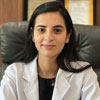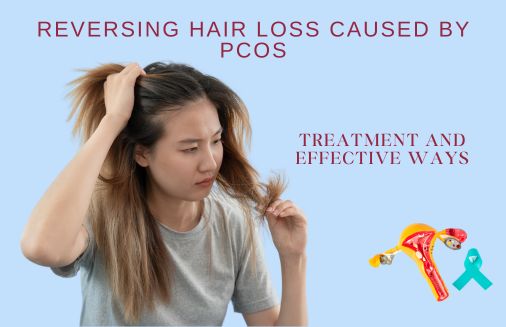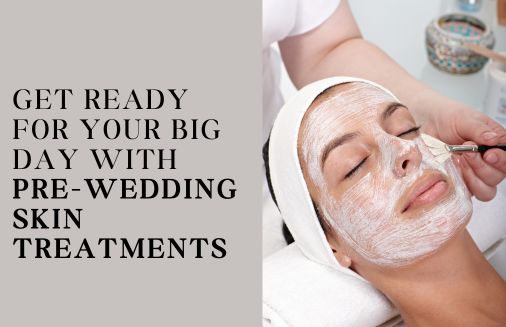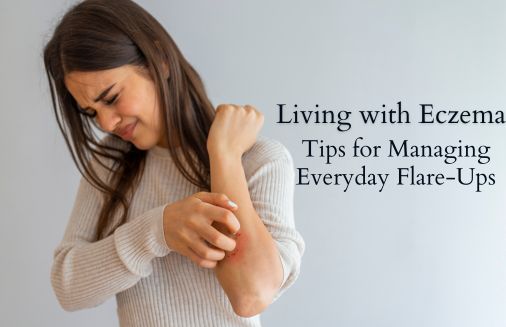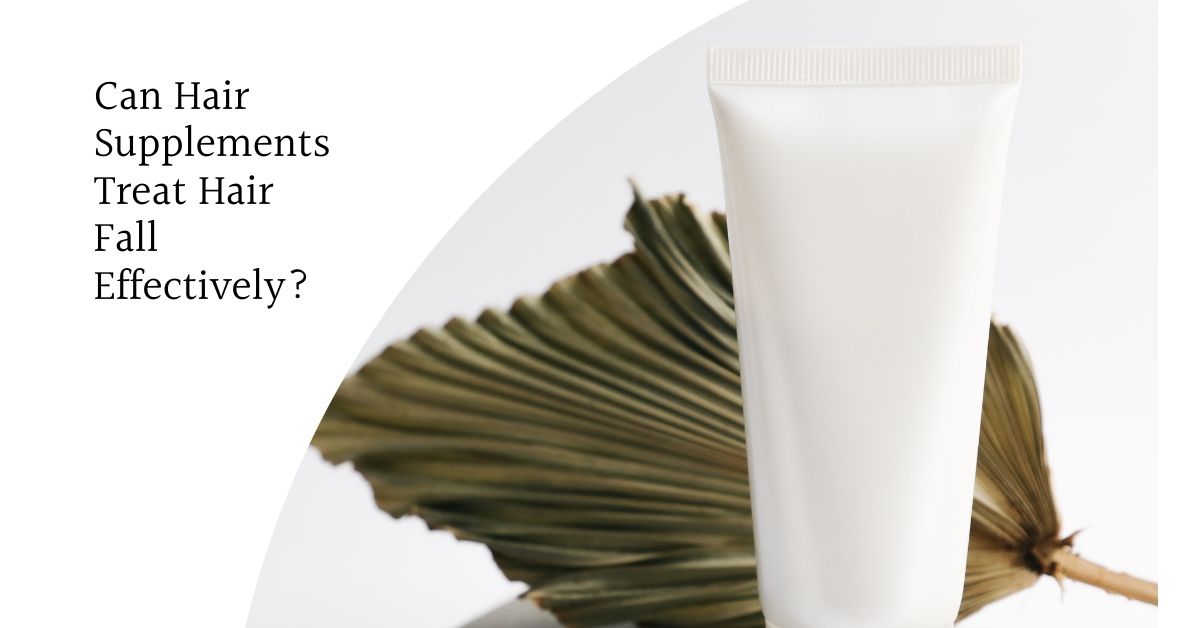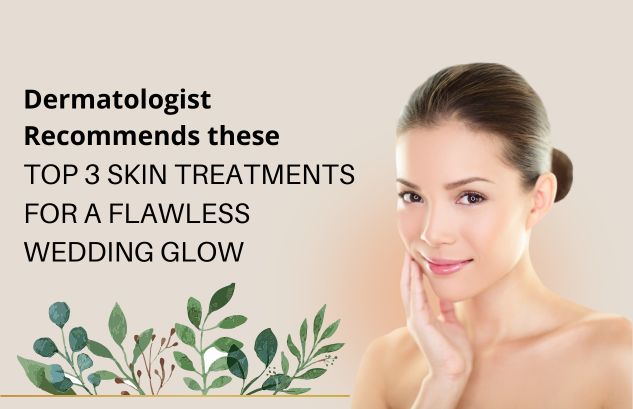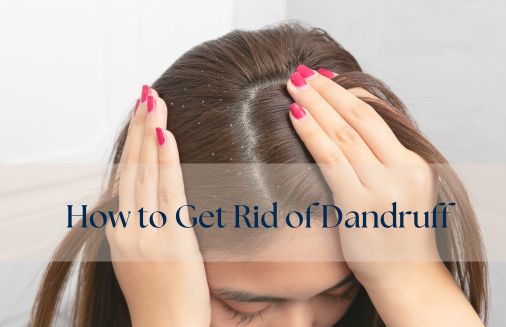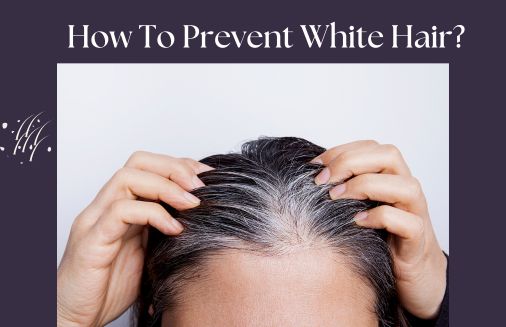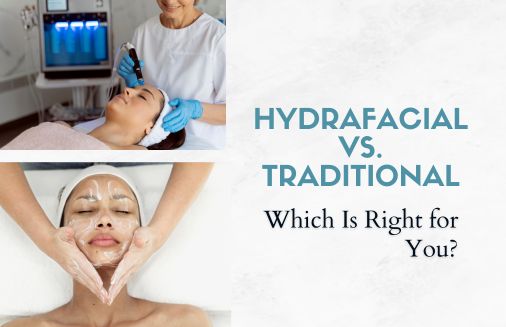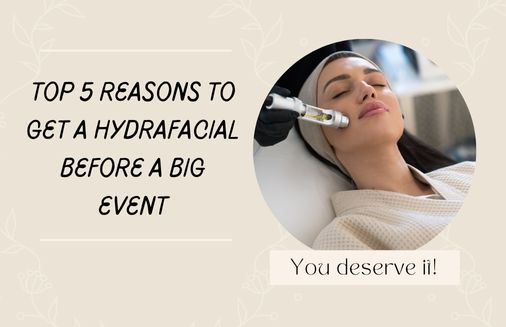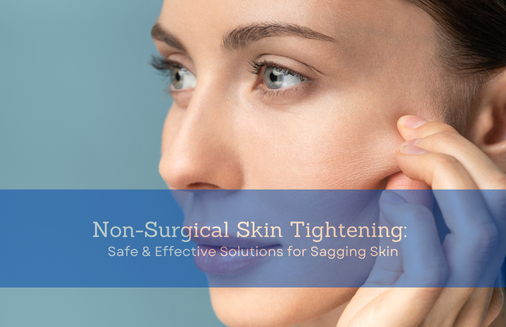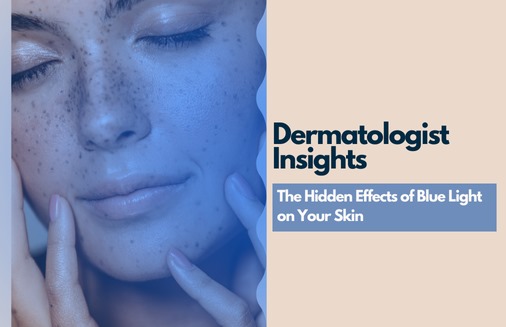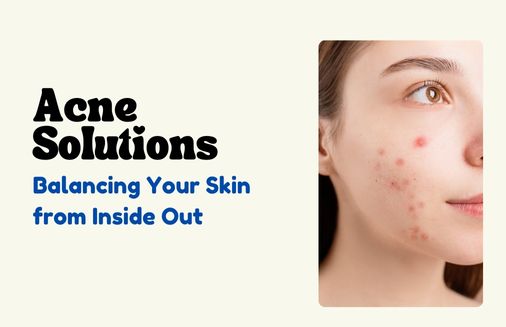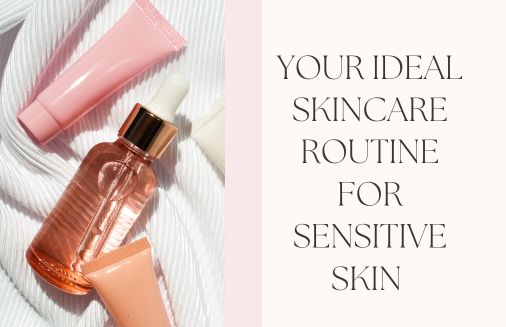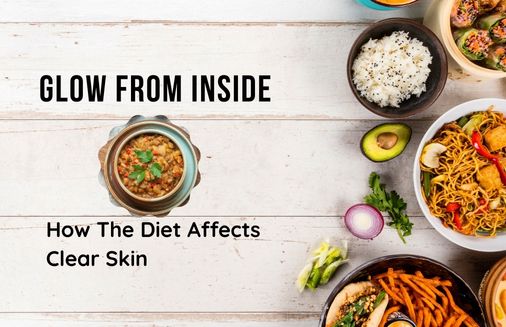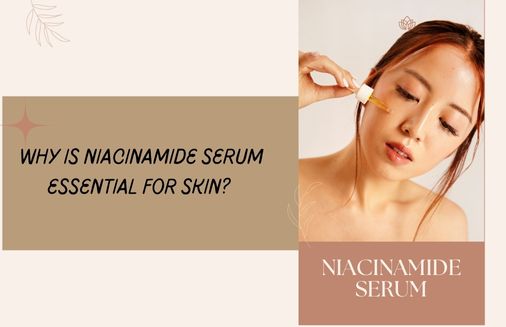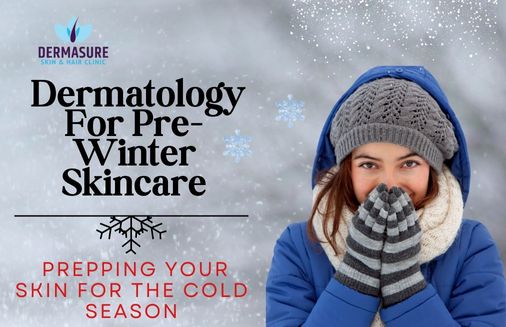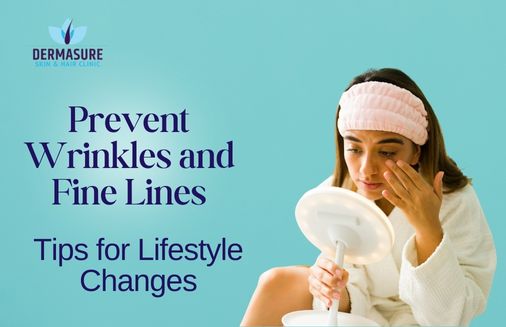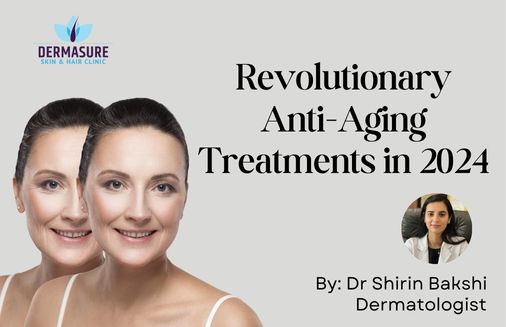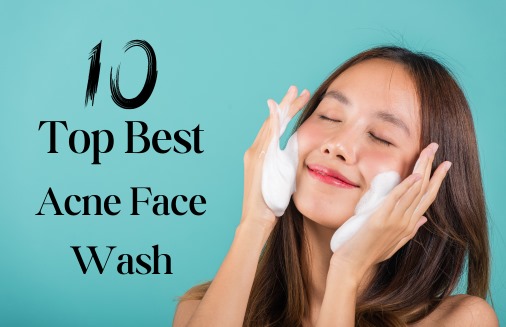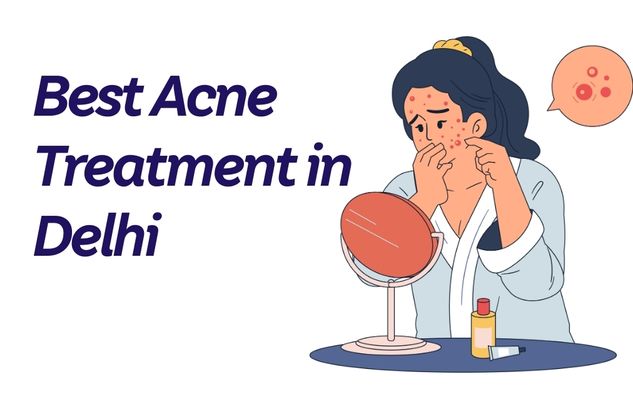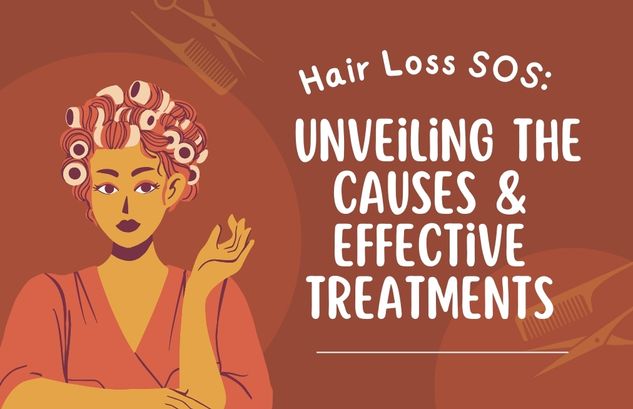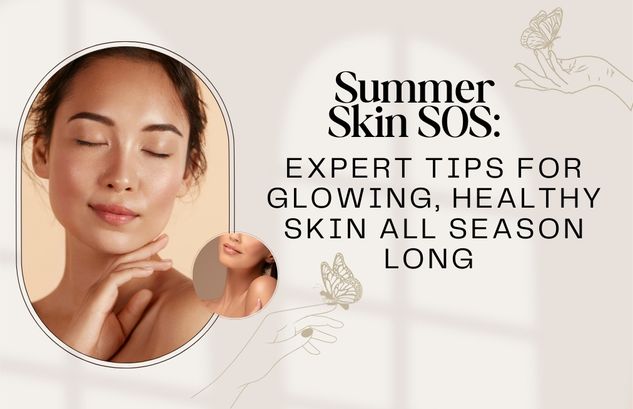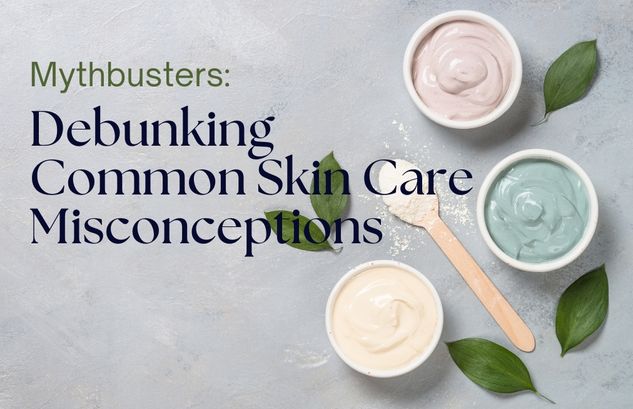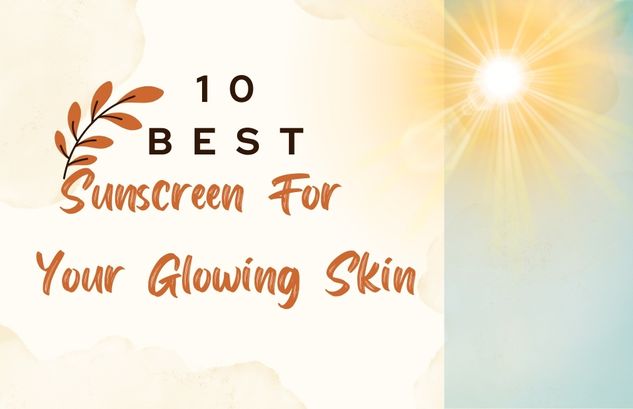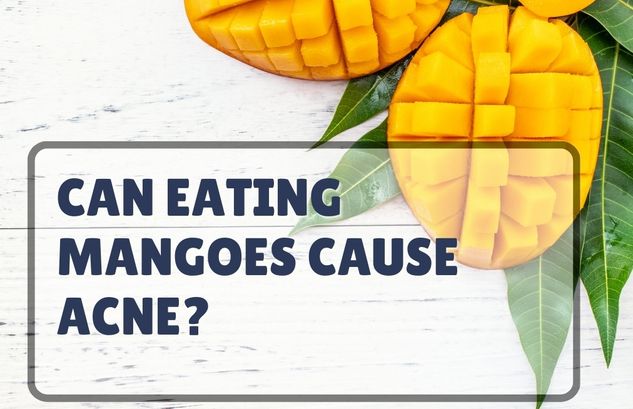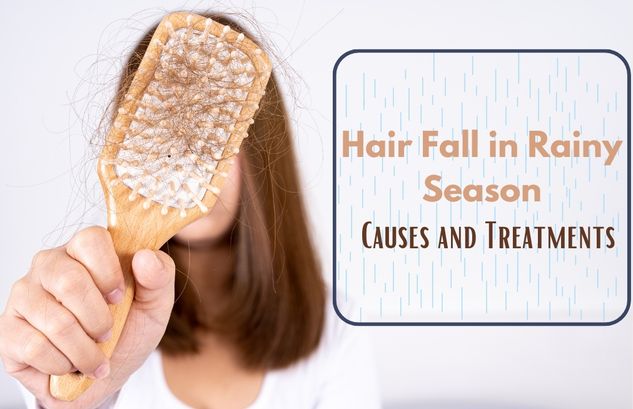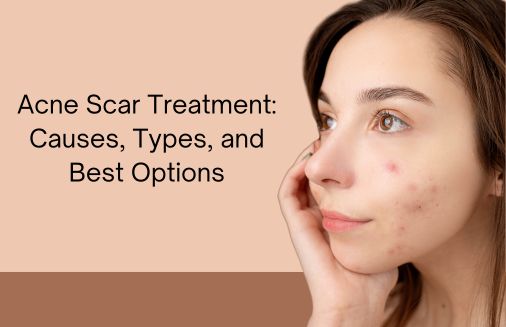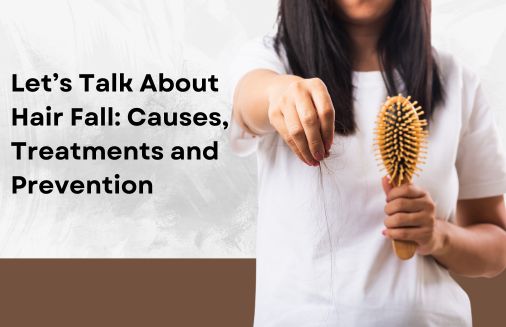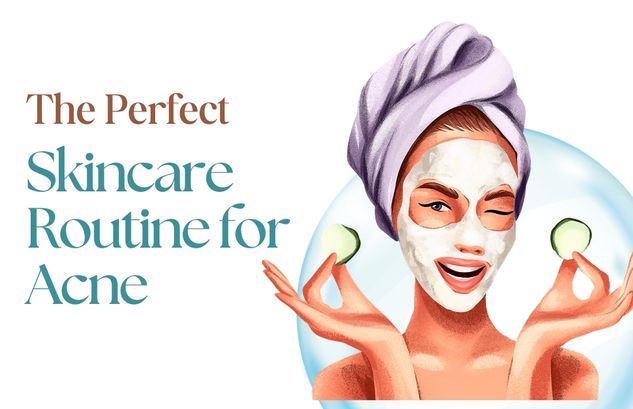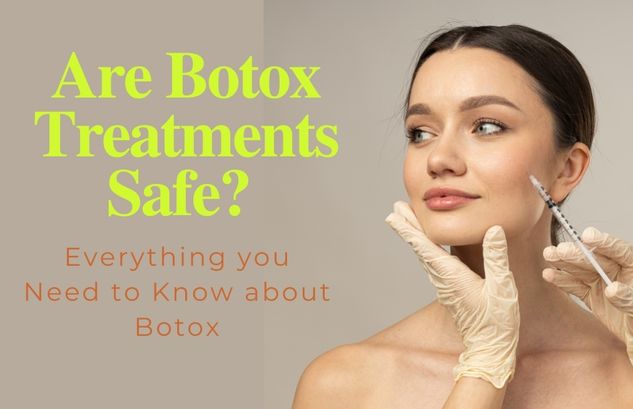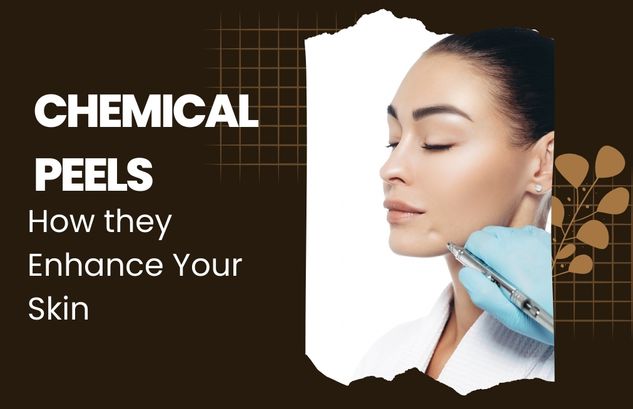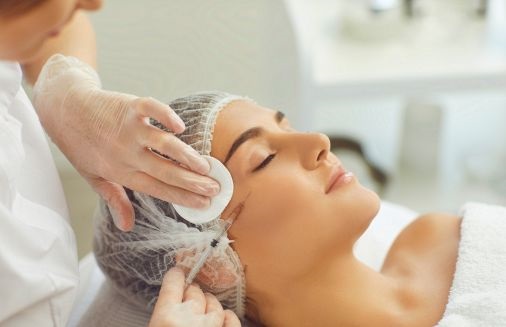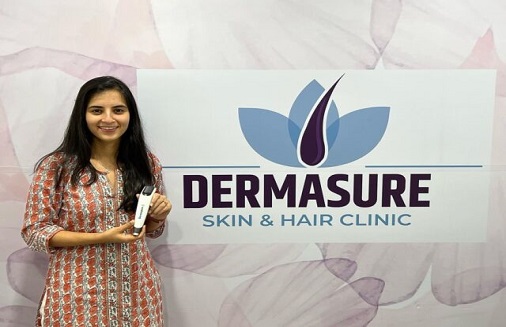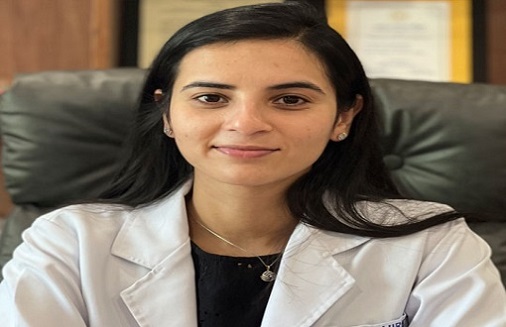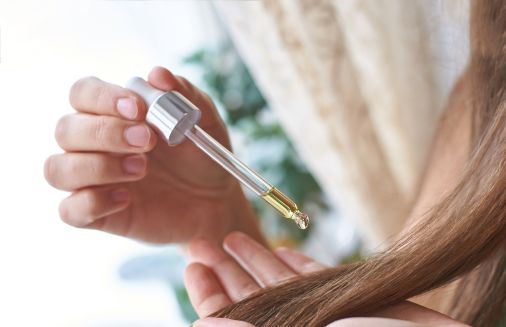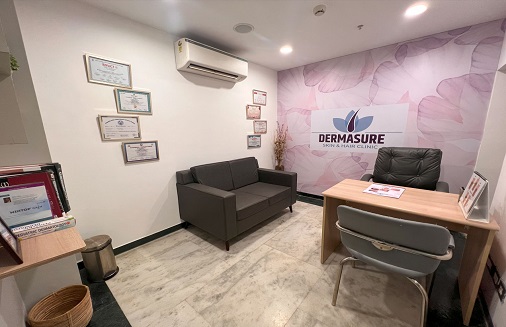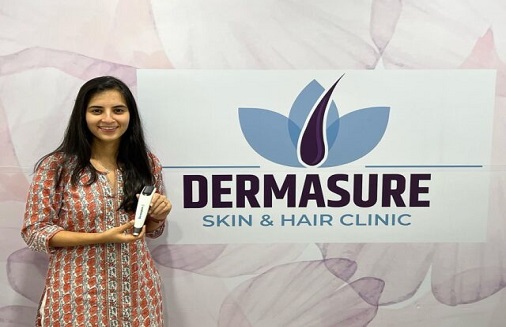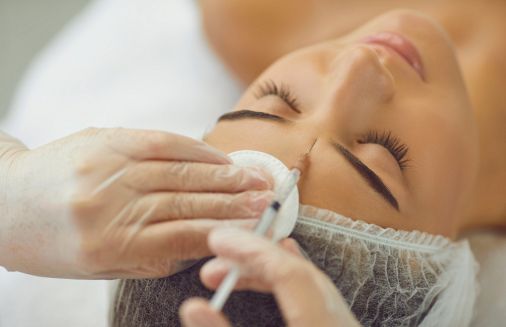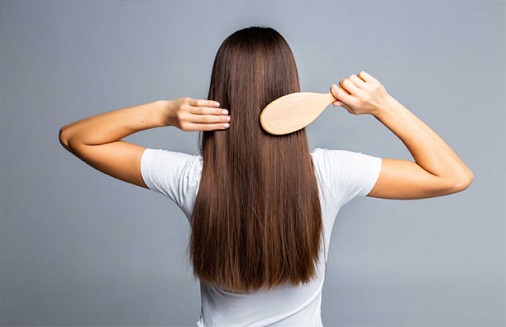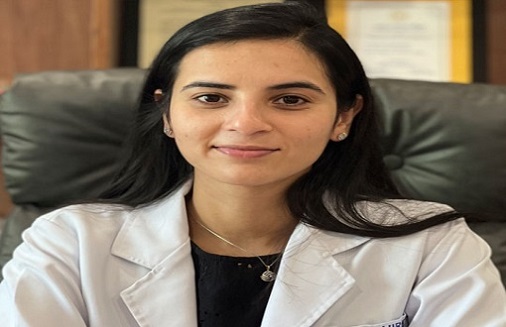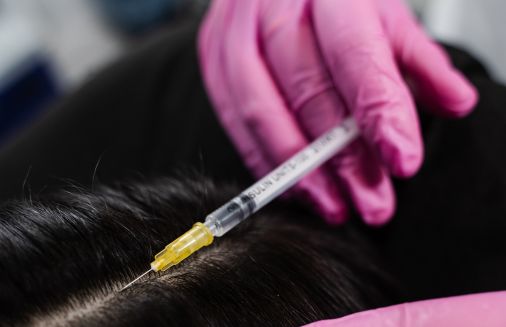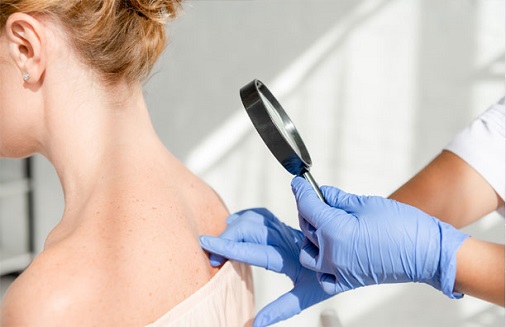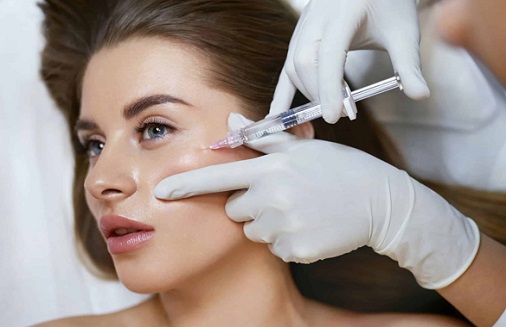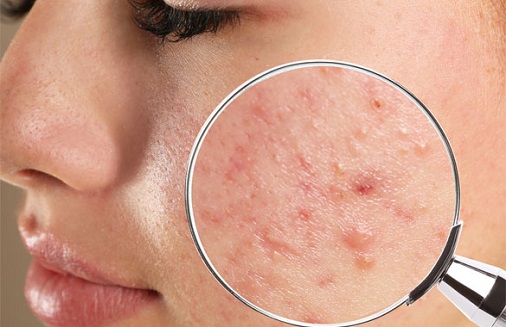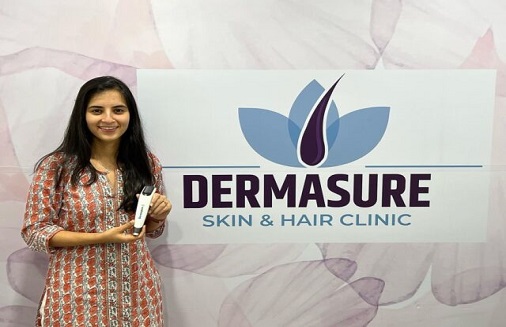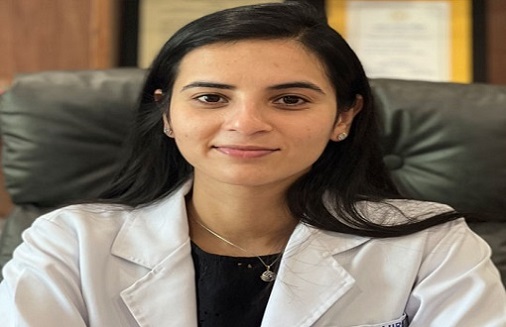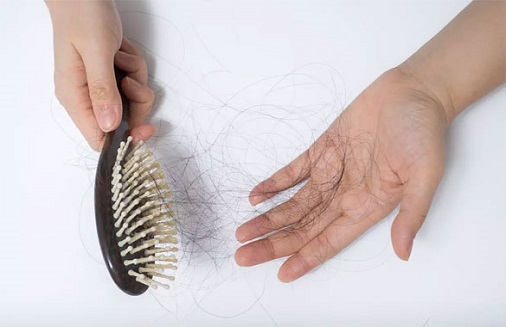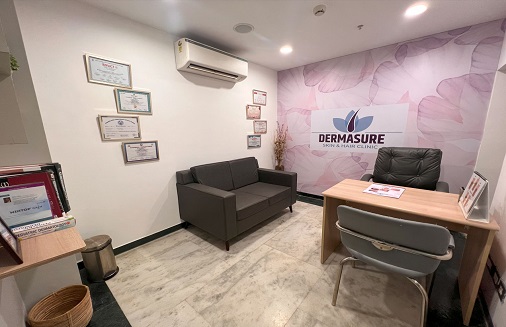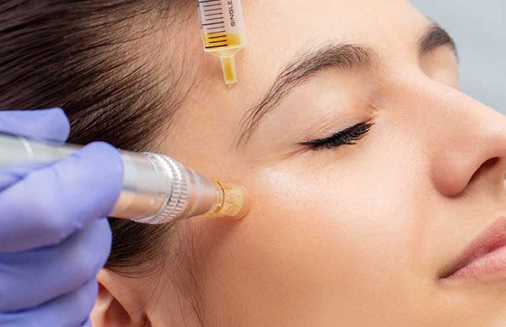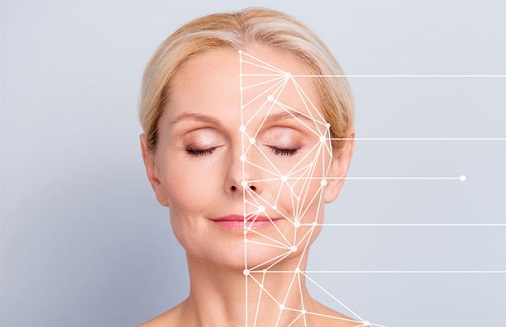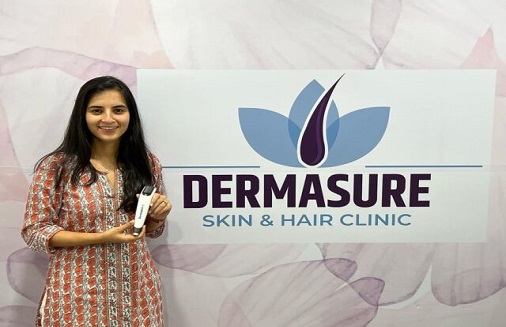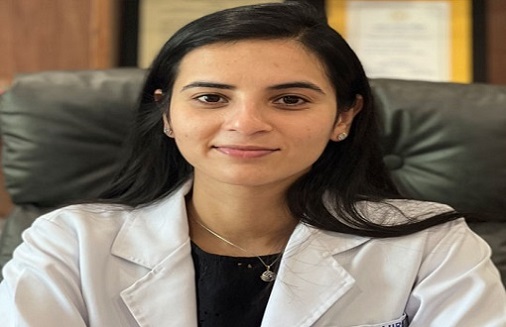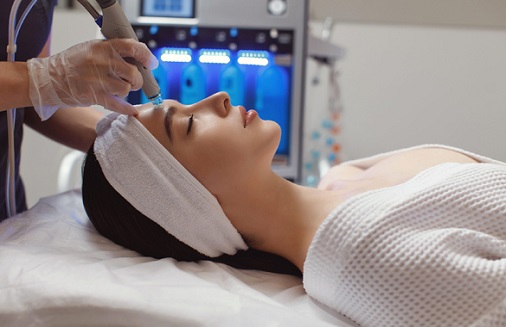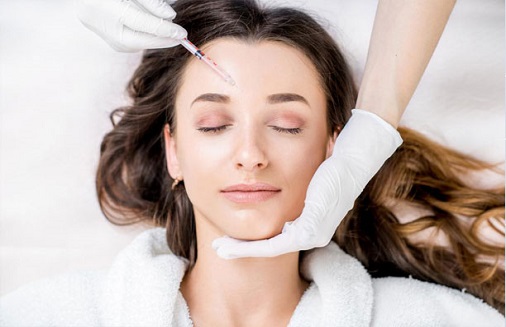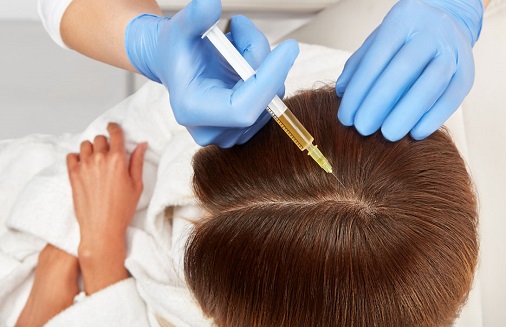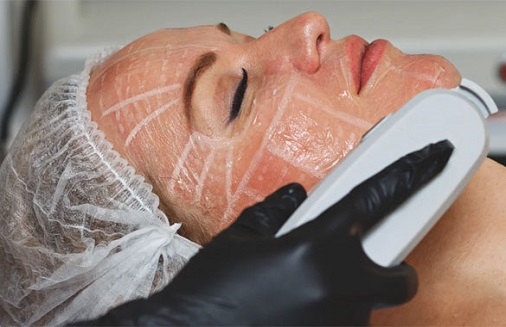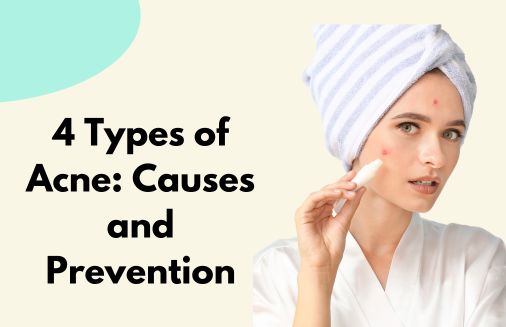
Most individuals usually get pimples in their lifetime. No matter how good the diet, lifestyle or skin quality be , you might witness acne anytime peaking between ages 12-40.
So, how do acne occur? It is a common myth that acne is caused by dirt, poor hygiene or anything of the similar nature.
The true reason for acne is clogged pores. These develop when the sebum in your skin along with dead skin cells plug hair follicles.
Acne is quite common. Most teenagers and young adults get acne, but some adults too witness acne once in a while. Acne treatment is widely available and can prevent scarring.
While acne doesn’t contribute to serious health problems, it can be bothersome and painful —- especially if it is severe acne. If not treated over time, acne might also lead to scarring.
Forms of Acne Across Different Ages
Acne vulgaris
This generally affects teenagers, and lasts for 3 to 5 years. Sometimes it can carry on for longer.
Adult acne
This is typically called the “hormonal acne”. This is acne that continues past the age of around 18 to 20 years. It can also start when you are in adulthood.
4 Types of Acne
Although acne can affect your lifestyle and compromise your aesthetics, it’s the cystic and nodular acne that are likely to cause scarring, which is irreversible skin damage. Keep in mind that acne in its early stages is very treatable, and you can consult the best dermatologist in Delhi to deal with acne.
Symptoms of Acne
Acne can contribute to these instances:
- Blackheads — small, blocked pores with a black ‘plug’. Usually appear on the nose.
- Whiteheads — small white spots under the surface of the skin. Usually appear on the nose, chin and forehead, sometimes cheeks or around the mouth).
- Pimples — inflamed red spots having yellow pus in the center
- Nodules — these are large, red bumps under the skin that cause painful
Causes of Acne
As discussed above, clogged pores or hair follicles lead to acne. Your pores can clog with:
- Sebum: It is an oily substance that protects your skin from drying out. Excessive sebum can lead to clogging.
- Bacteria: As these naturally live on your skin, excessive amounts can lead to clogged pores.
- Dead skin cells: As a part of the skin regeneration cycle, dead skin cells shed often so that new cells can grow. These dead skin cells can get stuck in your hair follicles, combined with sebum that may lead to clogging.
Lifestyle Choices that Trigger Acne
Certain things in your environment contribute to acne or they can make an acne breakout worse, including:
- Wearing tight-fitting clothing and headgear, especially helmets
- Side effect of a certain medicine or treatment
- Using oily or heavy skincare, like lotions and creams
- Continued exposure to grease, such as working in a restaurant with frying oil
- Air pollution and humid weather conditions
- Stress, that triggers the hormone cortisol
- Picking at your acne
Foods that cause acne
While not directly causing acne, these foods may contribute to acne formation:
- Skim milk
- Whey protein
- Oily food
- Highly processed foods and sugar products
To manage acne, it is advised to stick to a balanced, nutritious diet with vegetables and fruits rich in vitamin C and beta-carotene, further helping reduce inflammation and breakouts.
Diagnosing and Treating Acne at Dermasure, Best Skin Clinic in Delhi
For acne Skin Treatments in Delhi, Dr. Shirin Bakshi, a highly-qualified best skin doctor in Delhi takes a holistic approach. She’s a proven expert in treating acne and similar skin conditions and has helped patients across Delhi regain their self-confidence at her leading skin hospital in Delhi.
As a part of diagnosis, She will take a thorough skin exam, and will closely look at your skin. This will also involve asking questions to have a better understanding of your condition:
- Are you currently undergoing some sort of stress?
- Do you have a family history of acne?
- Do you notice breakouts during your menstrual cycle?
- Are you on medication as of now?
To treat acne, factors like your age, the type of acne and severity comes into the picture. A dermatologist might prescribe oral or topical medications, or utilizing medicated therapies to treat your skin. The goal of acne treatment is to stop new pimples from forming and to heal the existing blemishes on your skin.
Topical acne medications
Best skin specialist in South Delhi such as Dr. Bakshi may recommend using a topical acne medication to treat your skin:
- Benzoyl peroxide: This is available as a leave-on gel or wash. It targets surface bacteria, which often aggravates acne. Lower concentrations and wash formulations are less irritating to your skin.
- Salicylic acid: This is available over the counter for acne as a serum, cleanser or lotion. It helps remove the top layer of damaged skin by dissolving dead skin cells to prevent your hair follicles from clogging.
- Retinoids: Retinol, such as Retin-A®, Tazorac® and Differin®, which is available without a prescription, breaks up blackheads and whiteheads and helps prevent clogged pores, the first signs of acne.
- Antibiotics: Topical antibiotics like clindamycin and erythromycin control surface bacteria that aggravate and cause acne. Antibiotics are more effective when combined with benzoyl peroxide.
- Dapsone: Dapsone (Aczone®) is a topical gel, which also has antibacterial properties. It treats inflamed acne.
Oral acne medications
- Antibiotics: Common antibiotics for acne include tetracycline, minocycline and doxycycline. These are best for moderate to severe acne.
- Isotretinoin: Isotretinoin is an oral retinoid. Isotretinoin shrinks the size of oil glands, which contributes to acne formation.
- Hormone therapy: Hormone therapy is helpful in treating acne, especially if you experience acne flare-ups during menstruation or irregular periods caused by excess hormone called androgen. This includes low-dose estrogen and progesterone (birth control pills) or a medication called spironolactone that blocks the effect of certain hormones at the level of your hair follicles and oil glands.
Additional acne therapies
Combined with topical or oral medications to heal acne and acne scars, the top skin care doctors in Delhi might suggest you these therapies:
- Lasers: It is a heat-based treatment that delivers heat to boost collagen under your skin. This triggers your body’s wound-healing response to create new, healthy collagen, thus making room for new skin.
- Chemical peels: This is a minimally invasive and effective treatment that uses special chemicals to remove the top layer of old skin. After the top layer of skin is removed, newer and smoother skin grows that lessens existing acne scars.

